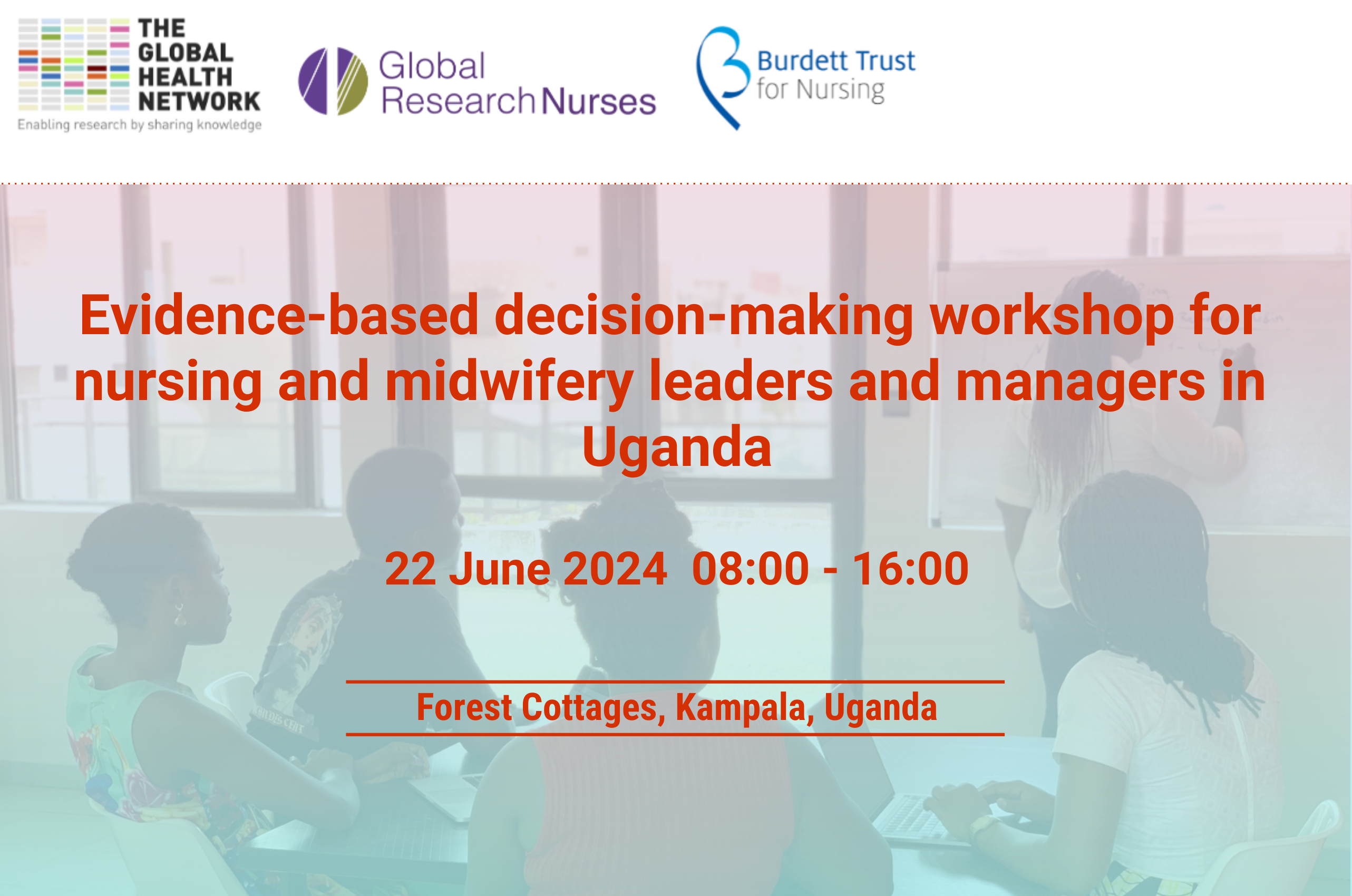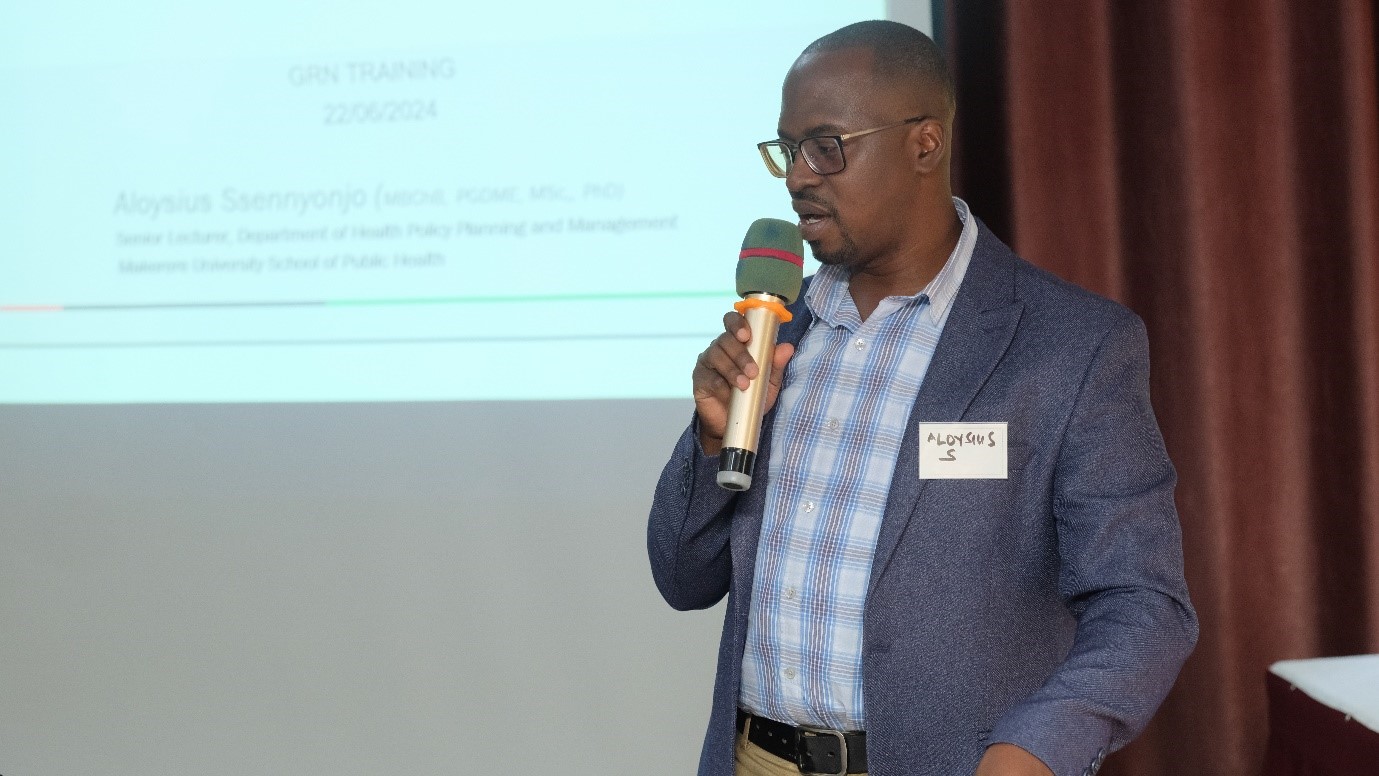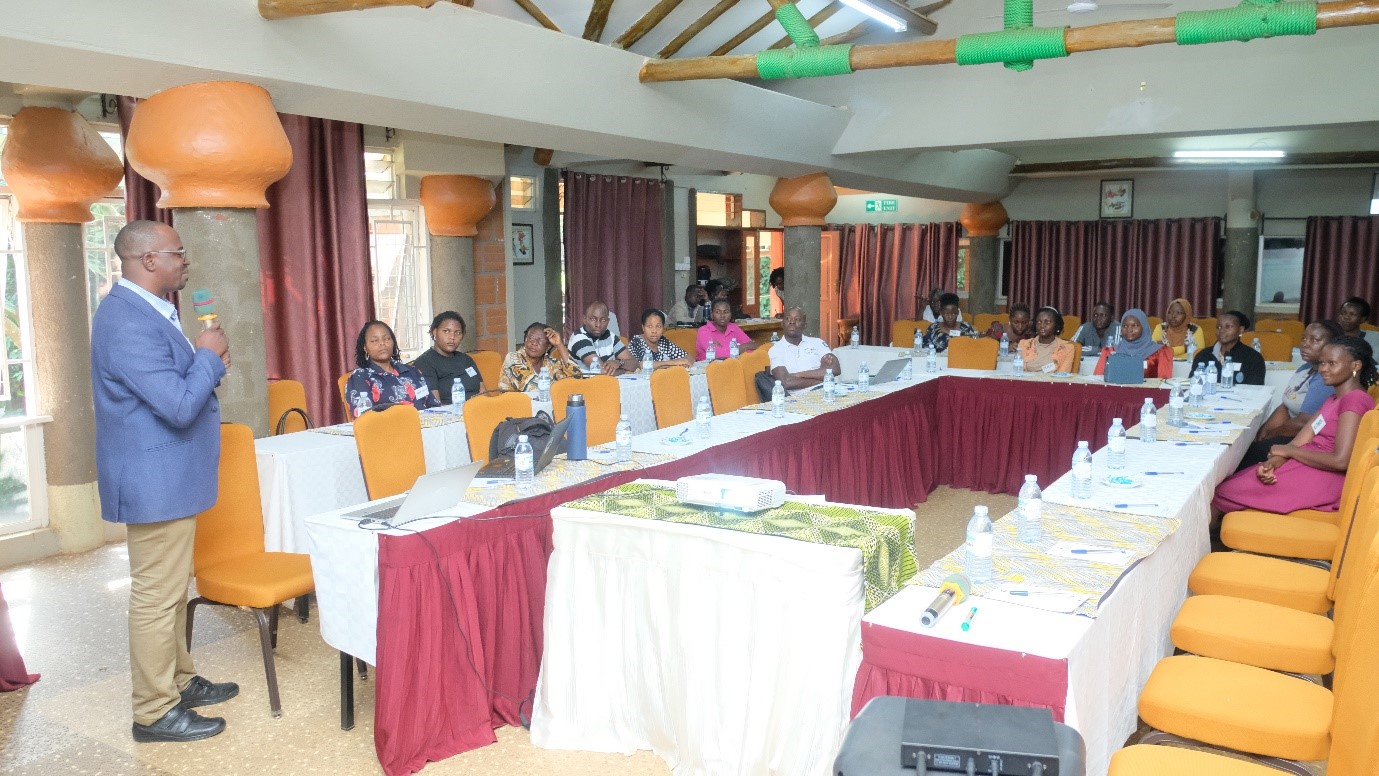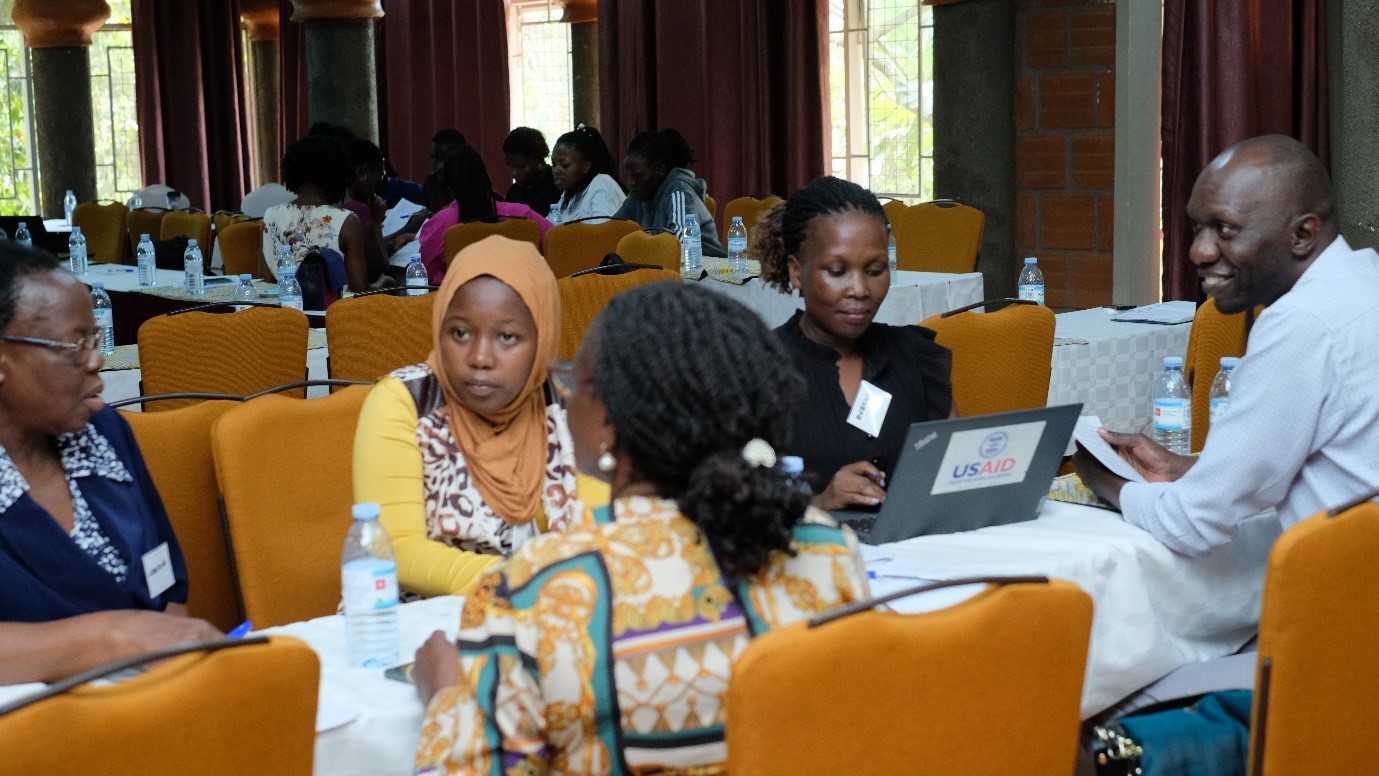Evidence-based decision-making workshopfor nursing and midwifery leaders and managers in Uganda 22 June 2024
Today many nurses and midwives in Africa are serving in leadership and managerial roles in health care, research, academia, regulation, and legislation. These roles often require one to participate in decision-making and policy development. Research findings are key in enabling evidence-based decision-making to happen. Research output in Africa has increased and thus there is a need to ensure that nurses and midwives in decision-making roles can utilize research findings but also appreciate the processes involved in evidence-based decision-making. Nurses and Midwives in Africa remain the biggest percentage of the health workforce. Being well positioned at the frontline of health care presents a unique opportunity to contribute to evidence-based decision-making and policy development. However, the majority of the nurses lack the skills in evidence-based decision-making and policy development which is key in enhancing health care service delivery in general.
To address this gap, this one-day workshop will be conducted to equip nursing and midwifery leaders with skills in evidence-based decision-making. GRN which focuses on advancing nurses and midwives' skills in research, and ARCH which focuses on applying research to policy and practice for health, will jointly collaborate to deliver this workshop. Workshop aim and learning objectives:This workshop will equip nurses and midwives in leadership and managerial roles in various sectors with evidence-based decision-making skills. The specific learning objectives include.
Workshop Outcomes and OutputsBy the end of this workshop, participants will be able to:
Overall, the workshop will equip nurses and midwives with the necessary tools and insights to become effective leaders and managers in their respective fields, driving evidence-based practice and policy development in healthcare. |
SummaryThis was an in-person workshop held in Kampala Uganda at Forest Cottages. It was conducted by a policy expert from Makerere University School of Public Health to enable effective grounding of skills and knowledge to the participants. The workshop focused on skilling participants in evidence-based decision-making and the role of research, policies and how they are made, challenges faced, and how to be part of the decision-making process actively. The participants were nurses and midwives in leadership and managerial positions in training institutions, hospitals, the private sector, NGOs, and research institutions. The workshop also involved break-out groups using a case study to enable the application of the knowledge taught and create peer dialogue. This enabled the participants to appreciate the aspects of opposing the policy, supporting the policy, and resources required including research outcomes in policy formulation, while understanding what spaces to be part of in advancing decisions.
Dr Aloysius Senyonjo , a health policy expert and senior lecturer at the Dept of Health Policy Planning and Mgt at Makerere University School of Public Health delivering the training to the participants.
Workshop Participants in break-out groups discussing the different aspects of the case study
Compiled by Faith Nawagi, GRN Africa Coordinator |




